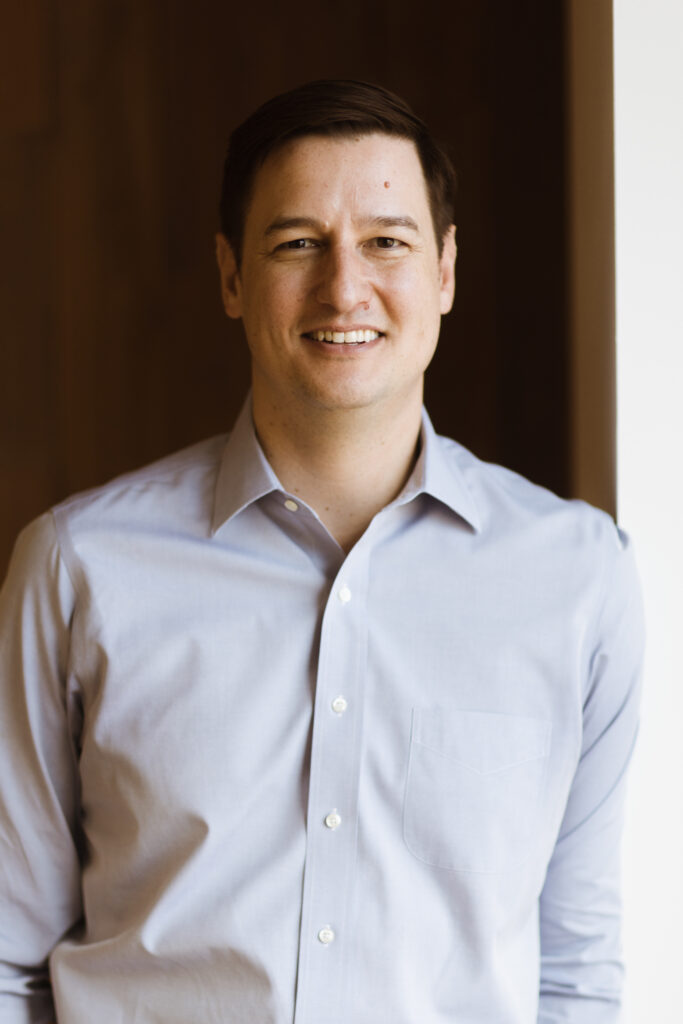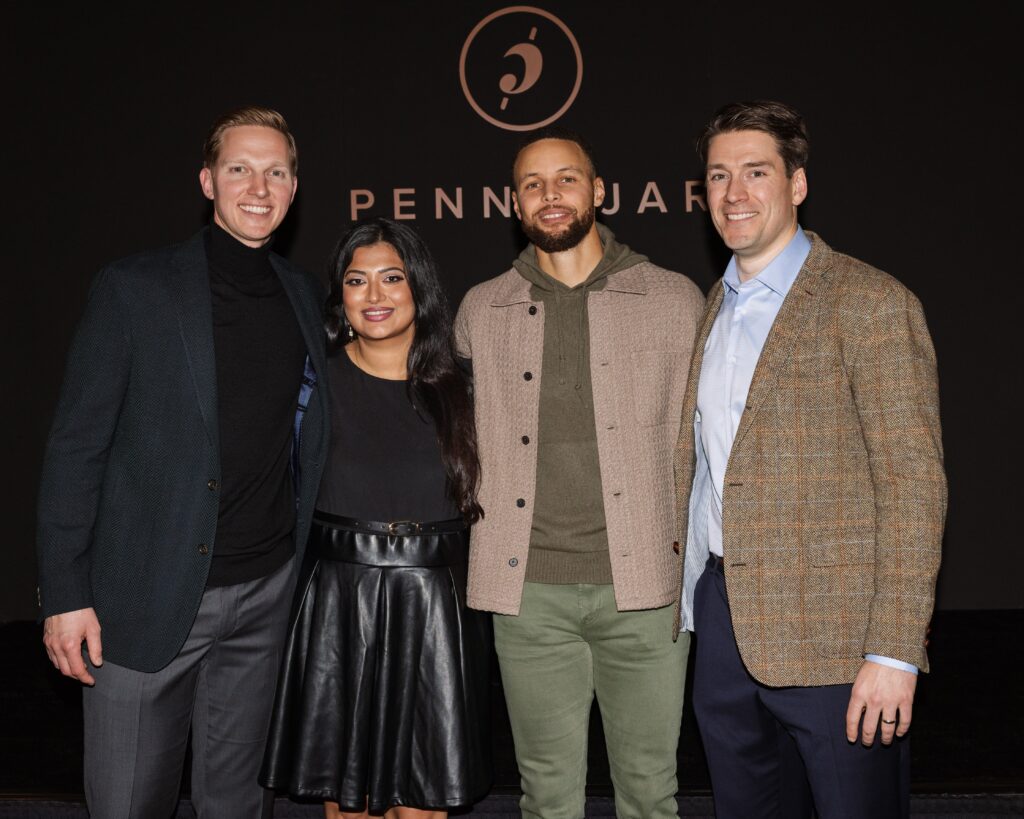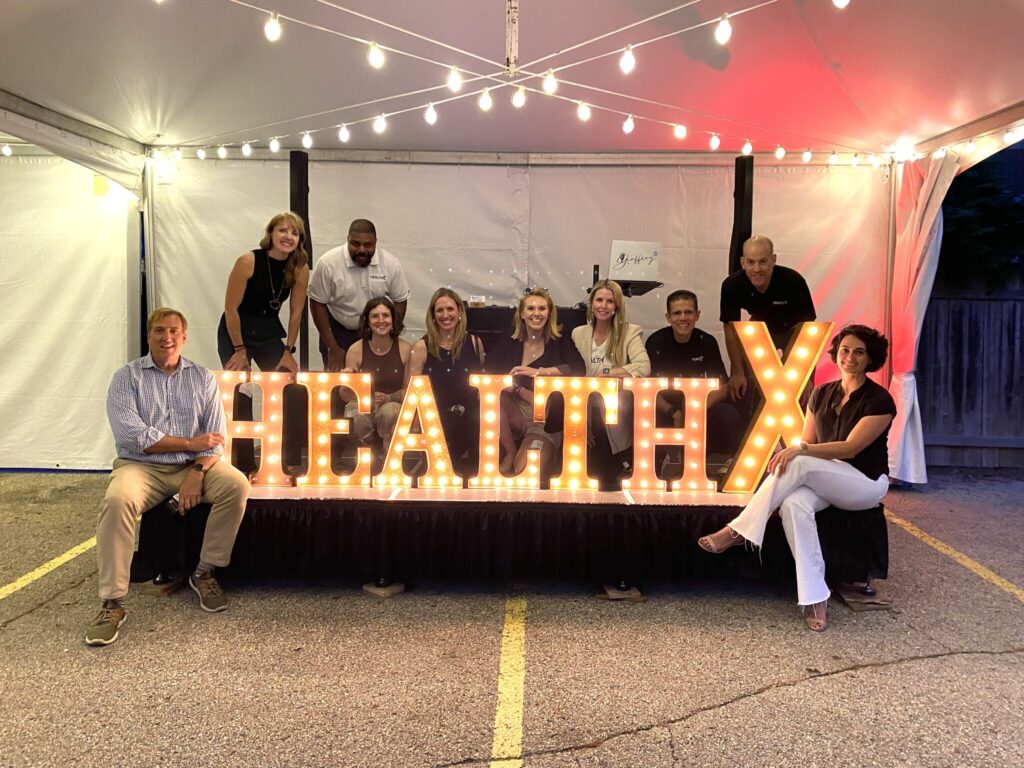
5 Questions with Jon Horne of Idea Fund
11.08.2023Based in La Crosse, WI, Idea Fund represents our first investment in a Wisconsin-based fund. Like us, they recognize that there is a lot of innovation going on in the Upper Midwest from young companies and entrepreneurs just waiting for the right investors and connections to help them through those early stages.
 We had the chance to sit down with Idea Fund Managing Director Jonathon (Jon) Horne for our “5 Questions with…” series.
We had the chance to sit down with Idea Fund Managing Director Jonathon (Jon) Horne for our “5 Questions with…” series.
Q: Tell us a bit about Idea Fund.
JH: Idea Fund is focused on seed opportunities in the Upper Midwest. We’ve found that for those first checks – when companies are trying to raise their first $500,000 – $1 million – even for really credible founders are really challenging raises. We want to be the go-to fund for that first check in this part of the country.
So, our goal is to find the best founders in this three-state region (Wisconsin, Minnesota and Iowa) and be with them from $0 to $1,000,000 a year in revenue, and then help them bring in the next step fund. Once they can demonstrate some traction in the market, the universe of people that will invest in these companies really opens up and you can see more regional and national capital coming in.
If you think of strategies on a few dimensions: geography, development stage and industry, we focus on the geography and on the development stage. We want diversification in the industry. We try to be the best at helping companies at this early stage in this geography.
An example of the type of founder we’re looking for is Jack Jorgensen with Lumberjack, a Twin Cities company that does managed home services. He is from the Twin Cities, graduated from Stanford and then worked for a startup in South America and got some really good experience before moving back and bringing that experience and know-how to the Twin Cities.
Another one is Katya Siddall-Cipolla at Hopper Health, a virtual provider of primary care and care navigation for the more than 30 million adults with autism, ADHD, OCD,
Tourette’s and dyslexia living in America today. Katya, who herself is neurodivergent, spent part of her career with large health insurance companies before starting Hopper based on the need she was seeing in the marketplace coupled with her own personal experiences with the healthcare system. What she’s built is a primary care platform that is specifically tailored to this patient population, with providers that understand the kind of interactions that that will work.
Q: What makes Idea Fund and NVNG a good fit?
JH: NVNG has relationships with funds all over the country and a lot of these funds are bigger and not making the kind of seed investments we are. So, we’re a great fit from the top of the funnel for those funds. For any one of those fund managers, we can identify the maybe two or three of our portfolio companies who will be a really good fit. And they can be confident that with an Idea Fund portfolio company, things are going to be national standard and the foundation will be right. The CEO understands what later stage investors looking for and our goal is to help tie it up extremely cleanly for somebody who is ready to come in and write, say, a $3 million investment into one of our Wisconsin or Upper Midwest companies. That’s the promise of the network that NVNG is building.
Q: What’s your take on the Midwest venture ecosystem?
JH: The competitive advantage in this part of the country is that the entrepreneurs are often people coming out of industry. Nationally you’ve seen companies that raise a lot a lot of venture funding to try to disrupt traditional industries that unfortunately fail. And the post-mortems frequently find that they just didn’t really understand the dynamics of the industry. These founders coming out of industry here in the Midwest understand the supply chain, the factory floor, agriculture or whatever industry they’re coming from.
The other side of the coin that is our founders are less experienced as entrepreneurs. We have a lot more first-time founders in this part of the country so one of my core competencies needs to be getting our founders up to speed and helping them navigate the waters.
I think there is real quality in this part of the country that’s not well served at the early stage by coastal investors. So, our real goal is to sift through the wide funnel and tee up the best opportunities for later stage investors.
Q: What trends in deal flow or starts are you seeing?
JH: I’m seeing far more experienced people starting companies. Almost everyone we looked at when we started our first fund in 2017 was a first-time founder – and often the first time working in a startup. Now we’re seeing a lot more people that have been through one before, either as the founder and having raised capital or a lead developer or second in command and that’s a that’s a really strong sign.
I don’t know that experience necessarily changes the odds of success, but I think what it changes is the speed they can move and how big they can get. Everybody we invest in is smart, hardworking and driven but the big benefit of having somebody that’s done it before is that they’ve made the mistakes. Now they can move faster and probably go raise more capital and drive bigger results. That, I think is the difference.
Q: As you look at the Idea Fund portfolio and the work you’ve done, what are you most proud of?
JH: The first exit was a big milestone. The first company we invested in exited and it was first time founder as well. It wasn’t a huge exit, but it generated investor return and had a big impact on the founders and employees. Whether it’s buying a house or maybe even using that money to start another business, that’s what you really need for the ecosystem get going. If the employees get paid on their equity, then maybe the person sitting in a bigger corporate environment sees that there’s a reason to take this risk – that they might actually make more money working for, or even founding a startup.
That’s, to me, what the Midwest needs more of to get going. It’s more exits where employees and founders make money with the idea being that those founders and those employees are then starting new companies and that’s the flywheel. That’s how you get the ecosystem going.


